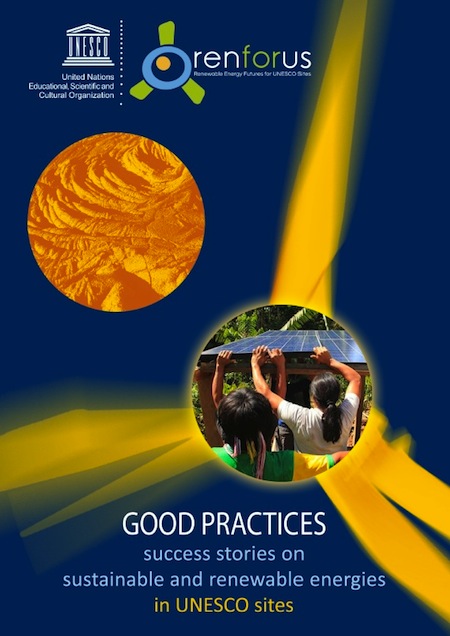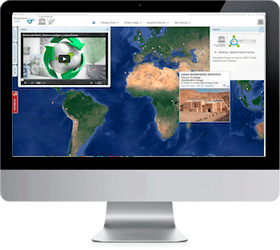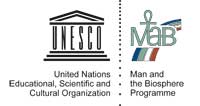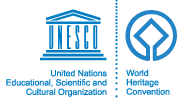 Success stories on sustainable and renewable energies in UNESCO Sites
Success stories on sustainable and renewable energies in UNESCO Sites
The large number of UNESCO Sites around the world makes it possible to build and share a comprehensive knowledge base on good practices and policies on the use of environmentally sound renewable energy sources and their adaptation to local specific contexts and needs.
This collection of good practices are projects that demonstrate a positive contribution to energy efficiency and the use of renewable and are suitable for replication in other sites.



 There are currently 621 biosphere reserves in 117 countries, including 12 transboundary sites.
There are currently 621 biosphere reserves in 117 countries, including 12 transboundary sites. 












